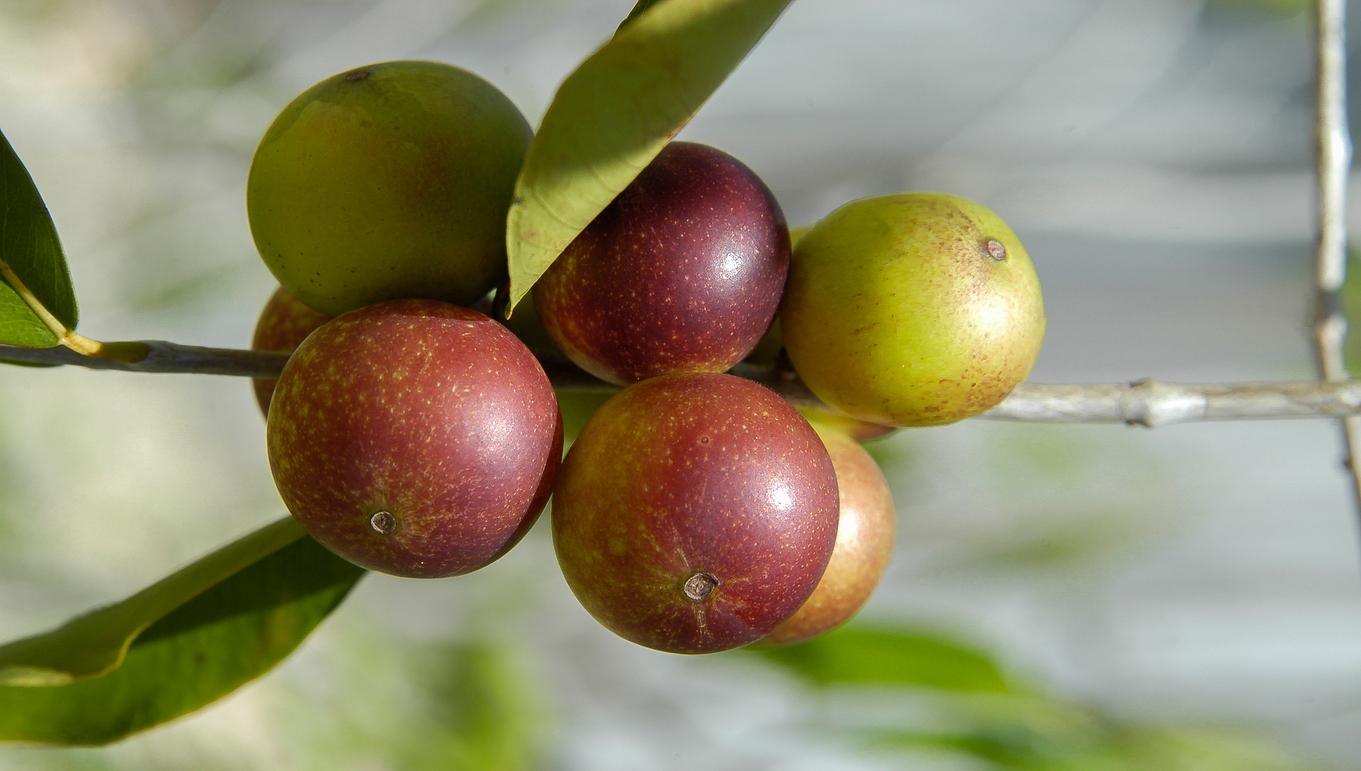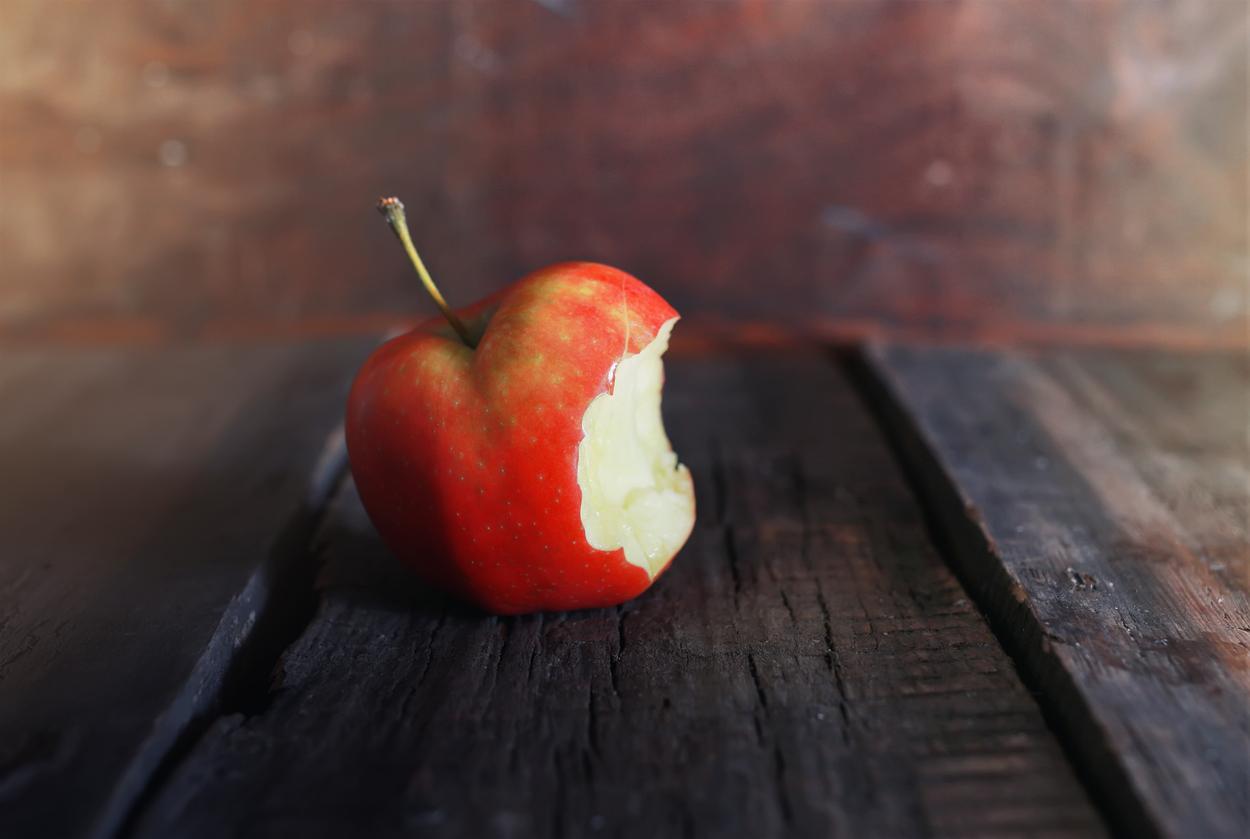
|
From October 9 to 13, 2007, nearly 300 experts gathered in Houston, Texas to participate in the International Symposium on the health effects of fruits and vegetables, FAV Health 2007. PasseportSanté.net informs you of the latest research that could influence the content of your plate. |
HOUSTON (PasseportSanté.net) October 16, 2007- People struggling with too high cholesterol or triglyceride levels would benefit from incorporating citrus fruits into their diet. More particularly the red grapefruit, which would have important anticholesterolemic properties, according to an Israeli researcher.
Having already identified in the laboratory the molecules of citrus fruits that can reduce cholesterol, Shela Gorinstein wanted to validate the effect on humans.
The 57 hyperlipidemic patients she recruited added a red grapefruit or a white grapefruit to their daily menu. After 30 days of this diet, Shela Gorinstein and her team analyzed the subjects’ blood samples.
Both citrus fruits improved the blood profile of subjects, but red grapefruit demonstrated even greater qualities: 15.5% decrease in total cholesterol, compared to 7.6% for white grapefruit. These results are equivalent to a 20.3% reduction in bad cholesterol (LDL) for red citrus, compared to 10.7% for white grapefruit. For triglycerides, these proportions are respectively 17.2% and 5.6%.
In addition, red grapefruit increased blood antioxidant activity by 17.8%, adds the researcher.
Shela Gorinstein recommends that those taking cholesterol medications consult their doctor first, before making any changes to their diet. Harmful interactions could result from consuming grapefruit.
Citrus fruits: useful against cancer?
 According to Jose Luis Perez of Texas A&M University, a number of studies have shown that citrus fruits may play a protective role against the outbreak of cancer, especially of the stomach, liver, intestine and lungs. .
According to Jose Luis Perez of Texas A&M University, a number of studies have shown that citrus fruits may play a protective role against the outbreak of cancer, especially of the stomach, liver, intestine and lungs. .
Essentially, it is the antioxidants in these fruits that give them this preventative property: carotenoids, flavonoids, pectin and vitamin C, to name just the main ones.
Limits of citrus fruits
But while they can help prevent cancer, citrus fruits do not stop or reduce the activity of cancer once it has formed. That’s what Siva Somasundaram, a researcher at the University of Houston-Victoria, Texas, believes based on a study he conducted in a laboratory.
He subjected cells taken from breast cancer to the effect of limonoids, active compounds in citrus fruits which are said to have some antioxidant activity. However, regardless of the concentration of limonoids, they have been shown to be incapable of stopping the progression of cancer cells found in aggressive tumors.
In comparison, the progression of these cells was reduced by 37% to 40% with campothecin, a drug used in chemotherapy.
|
For more news about the 2007 FAV Health Symposium, see the index of our Dossier. |
Martin LaSalle – PasseportSanté.net















